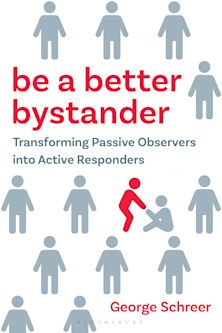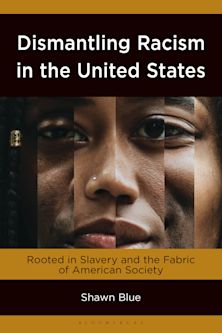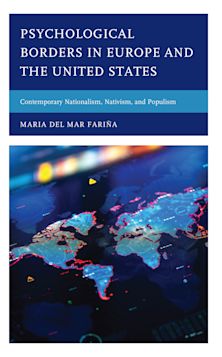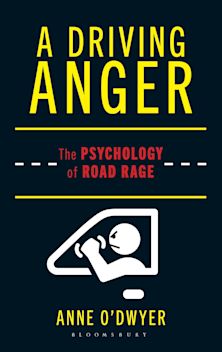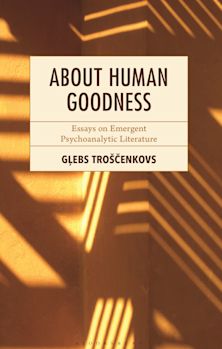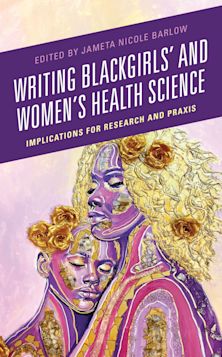- Home
- ACADEMIC
- Psychology
- Social Psychology
- Planting Hatred, Sowing Pain
Planting Hatred, Sowing Pain
The Psychology of the Israeli-Palestinian Conflict
Planting Hatred, Sowing Pain
The Psychology of the Israeli-Palestinian Conflict
This product is usually dispatched within 10-14 days
- Delivery and returns info
-
Free UK delivery on orders £30 or over
You must sign in to add this item to your wishlist. Please sign in or create an account
Description
As renewed hatred pumped the people of Israel and Palestine in summer 2006 fueling a flurry of bombings, kidnappings, and murders, author Moises Salinas continued research and interviews for this book in those nations. In Planting Hatred, Sowing Pain, the psychology professor explains why it often seems this conflict that has been raging more than 70 years is illogical. While in recent years both groups have basically agreed on the broad parameters of a peace agreement, the fight still continues. Salinas argues that the obstacles to achieving a solution are not just political, but also psychological. He shows that just as disagreements over borders, refugees, and settlements keep the parties from the negotiating table, so do psychological factors including mistrust, hatred, stereotypes, and prejudice.
The world has known many periods when two factions manifested such strong hatred of each other that bloody conflicts were regular, ongoing, unsurprising events. But there is perhaps no modern conflict as sustained as that of the ongoing Israel-Palestine conflict. Through interviewees ranging from an Israeli right-wing settler and a Palestinian militant to commoners on both sides who were simply victims of violence, Salinas shows how the hatred and mistrust were created and why they persist. The book includes compelling reviews of the psychological research regarding Israeli-Palestinian relationships and of stereotype and prejudice formation, violence and dehumanization, post-traumatic stress, as well as reconciliation, mediation, and peacemaking. An appendix provides the Geneva Accord model of an Israeli-Palestinian Peace agreement.
Product details
| Published | 30 May 2007 |
|---|---|
| Format | Hardback |
| Edition | 1st |
| Extent | 200 |
| ISBN | 9780275990053 |
| Imprint | Praeger |
| Dimensions | 235 x 156 mm |
| Publisher | Bloomsbury Publishing |
About the contributors
Reviews
-
This well-written, well-organized book looks beyond the political barriers to peace in the Israeli-Palestinian conflict. Salinas argues that to truly understand and overcome the obstacles leading to a possible permanent solution one must take into account the social and psychological factors that are central to the conflict and its resolution: (1) stereotypes and prejudices, (2) extremism, (3) trauma, and (4) reconciliation. After a brief historical introduction, he devotes a chapter to each of these factors….Recommended. Upper-division undergraduates through faculty and professionals.
Choice
-
Planting Hatred, Sowing Pain is an important contribution….[t]he reader indirectly experiences the hatred and fears lived by ordinary human beings on both sides. For this alone, the book is worthwhile.
Israel Horizons
-
The persistence of the conflict between Israel and Palestinians cannot be accounted for by political factors, says Salinas, so he looks for obstacles to peace in the psychological realm. Among the psychological factors he finds central to the conflict and its resolution are stereotypes and prejudices, extremism, trauma, and reconciliation.
Jewish Ledger
-
Through extensive interviews (with Jews conducting those with Jews and Palestinians conducting those with Palestinians to assure that both sides are fairly represented), he explores the psychological factors that have made the situation seemingly stuck in granite. He begins by summarizing the history of the conflict and then each chapter explores in turn prejudice, pain, hatred and hope. Most of this won't be new to people who have read about the damaging affects of prejudice and trauma, but through the substantial detail and juxtaposition of the voices of Palestinians and Israelis, we can see that they experience trauma in the same way. This goes a long way in creating empathy and breaking down stereotypes….The extensive interviews needed for his book brought him into the heart of individual suffering for both Israelis and Palestinians. Although he understood this trauma intellectually, he found himself deeply shocked and saddened at the suffering of the Palestinians who were interviewed.
Reference & Research Book News

ONLINE RESOURCES
Bloomsbury Collections
This book is available on Bloomsbury Collections where your library has access.












